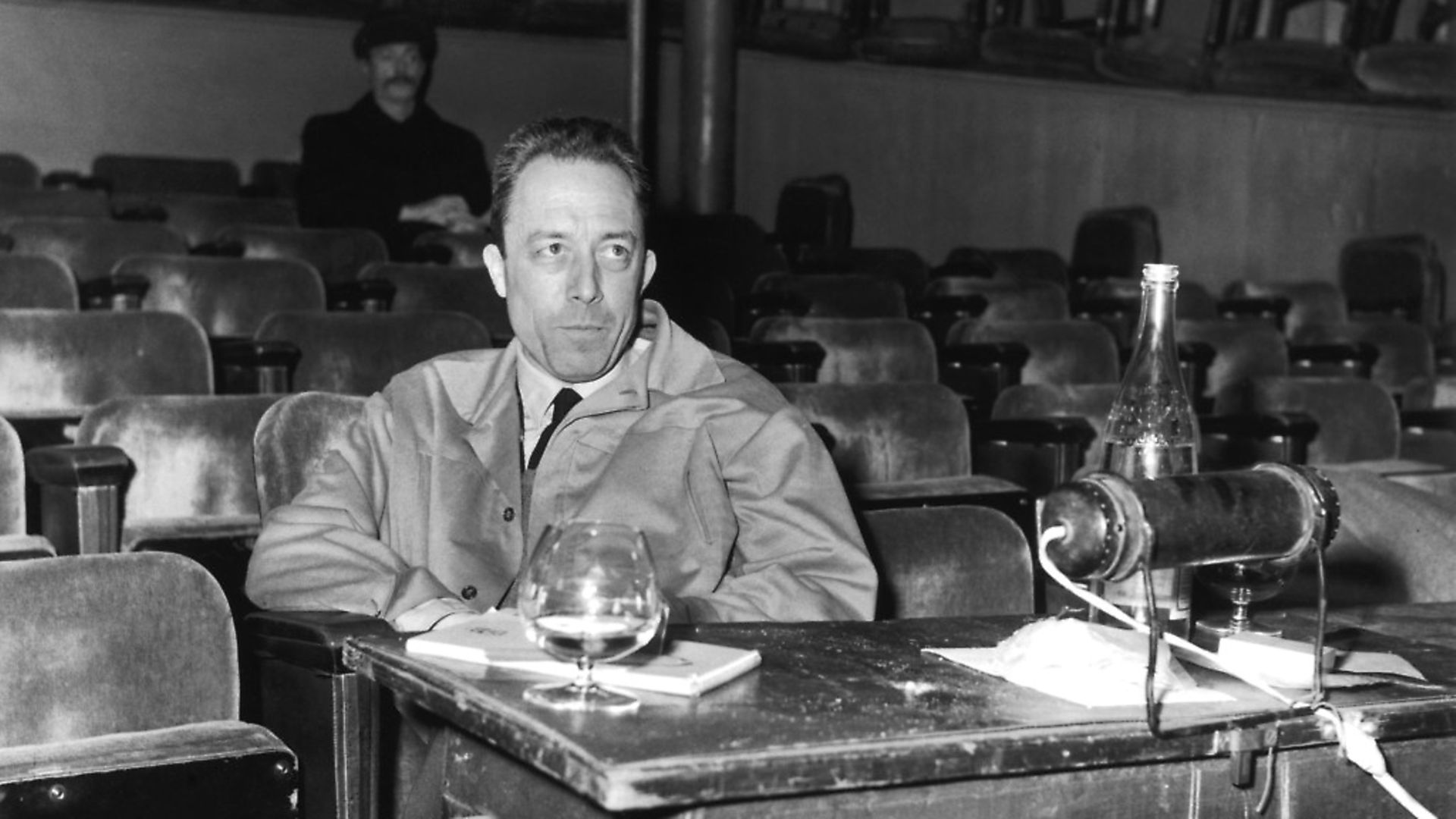The Missing, Albert Camus
The Missing
The Palais Bourbon1 has been a crowded place over the past three days, but one party was missing: Algeria. French deputies, gathered to vote on a policy for Algeria, spent five sessions failing to reach a decision on three agenda items. Meanwhile, the government initially displayed a fierce determination not to settle anything before the Assembly voted. Then, no less firmly, it insisted on a vote of confidence for its lack of a policy from deputies who had to look up the meaning of the words they were using in a dictionary. Clearly, France continues to get nowhere. In the meantime, however, Algeria is dying.
It would be nice if it were not necessary to attack the people who are struggling mightily with our institutions, as Gilliatt struggled with the octopus.2 But this is no time for indulgence. For Algeria, bloodshed is the order of the day. The Assembly’s three votes will add to the death toll. While the deputies waste their time in useless talk, people are dying alone, their throats slit and their screams unheard. The deputies consult their dictionaries while Algerians take up arms.
Who has given a thought to the ordeal of reservists called to battle, to the solitude of the French in Algeria, or to the anguish of the Arab people? Algeria is not France. It is not even Algeria. It is a neglected, faraway land populated by incomprehensible natives, cumbersome soldiers, and exotic Frenchmen, all bathed in a mist of blood. The fact that it is missing from the discussion distresses those who remember the place and were sorry to see it abandoned; others want to talk about it, but only if it says nothing in its own behalf.
Were recent lessons learned therefore of no avail? Solutions that might have been considered before August 20 are now out of the question. The elections that were once necessary and possible are now unimaginable without a cease-fire. The gulf between the two populations has widened. Extremists outdo one another in destruction.
The worst can be avoided only if the government immediately adopts a firm, clear policy. But no! The opposition attacks the government and in the same breath congratulates the official who carries out the government’s orders. Thus impotent moderation continues to serve the extremes, and our history is still an insane dialogue between paralytics and epileptics.
One chance remains, however. The contending forces could meet for a frank final discussion. This is the only possible way to overcome some of the barriers that separate the French of Algeria from both the Arabs and the people of metropolitan France.
And if the dictionary and the legislative agenda prevent our politicians from agreeing to such a meeting, let us at least pave the way as far as we possibly can. I would like to do my part in the coming days, despite the difficulty right now of working out a position that is fair to everyone. In the end, though, what does it matter if we cannot find the words, or stumble over them, if those words can, however briefly, bring exiled Algeria back among us, with all its wounds, so that we can at least agree on an agenda of which we need not be ashamed?
- Where the French National Assembly meets.—Trans.
- In Victor Hugo’s novel The Toilers of the Sea.—Trans.
The End

